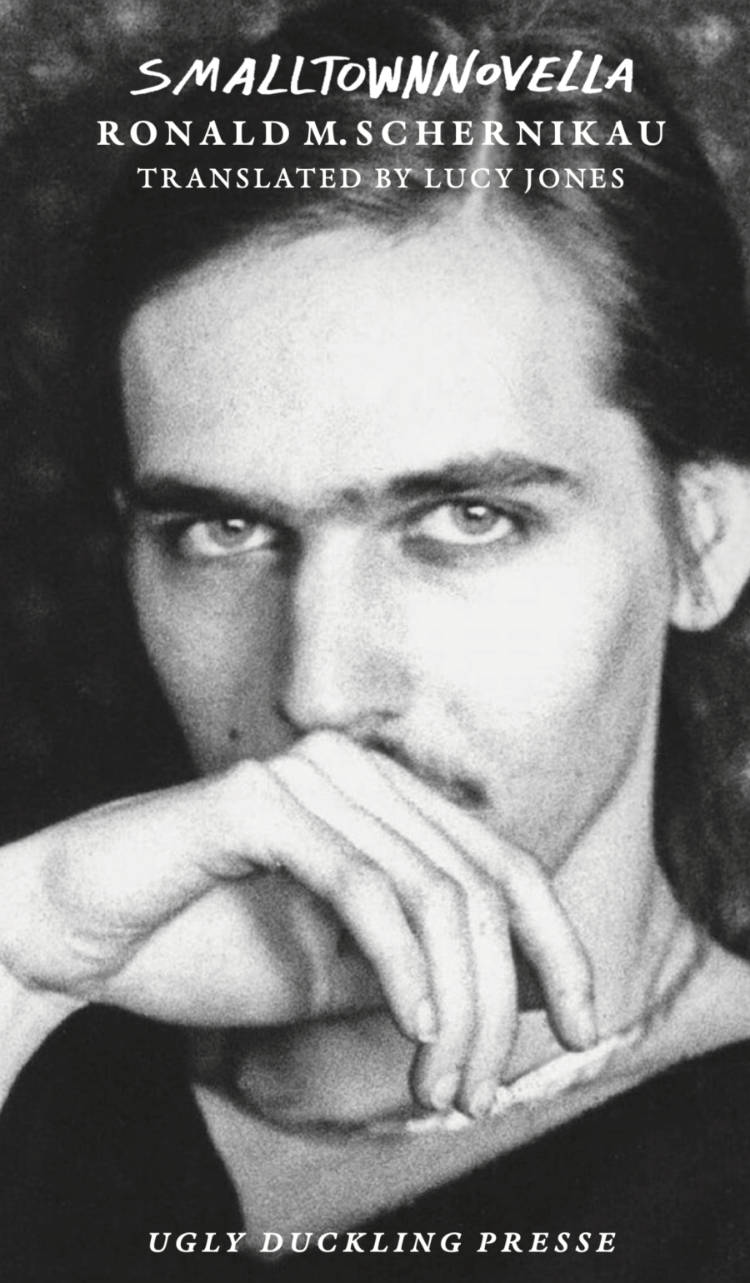
The First Books of David Henderson and Mary Korte: A Research
In 1967, the first books of two poets were published by small presses on opposite coasts of the USA: David Henderson's Felix of the Silent Forest and Mary Norbert Korte's Hymn to the Gentle Sun. In this essay, poet, scholar, educator, and publisher Iris Cushing looks at the context of these supposedly minor poets, and through research and conversation with Korte, Henderson, and Diane di Prima, reconstructs the role of small presses in the countercultural resistance of the late 1960s.
Iris Cushing is a poet, scholar, educator and founding editor for Argos Books, an independent poetry press. She is the author, most recently, of THE FIRST BOOKS OF DAVID HENDERSON AND MARY NORBERT KORTE: A RESEARCH (Ugly Duckling Presse, 2020), and Into the Long Long Time: How Mary Korte Saved the Trees (Ink Cap Press, 2019). Her poems and critical writings have appeared in numerous publications, including the Boston Review, Fence, and the Academy of American Poets Poem-A-Day series, and her poetry collection WYOMING (Furniture Press Books, 2014) won the 2013 Furniture Press Poetry Prize. She has edited three chapbooks for the Lost & Found Poetics Documents Initiative: Diane di Prima: Prometheus Unbound as a Magickal Working (Series VIII, 2019), Bobbie Louise Hawkins: The Sounding Word, and Judy Grahn: Selections from Blood, Bread and Roses (Series VI, 2016). A doctoral candidate in English at the CUNY Graduate Center, Iris is currently at work on a biographical dissertation titled Pierce and Pine: Diane di Prima, Mary Norbert Korte and the Question of Matter and Spirit.
Language: English







